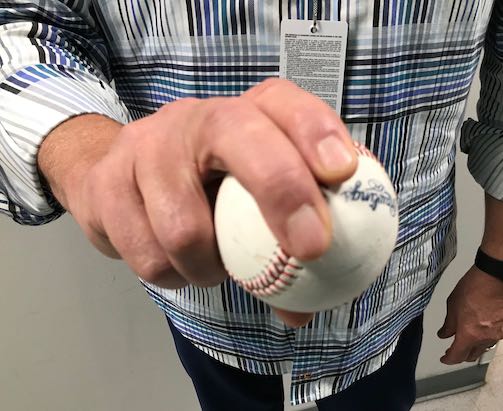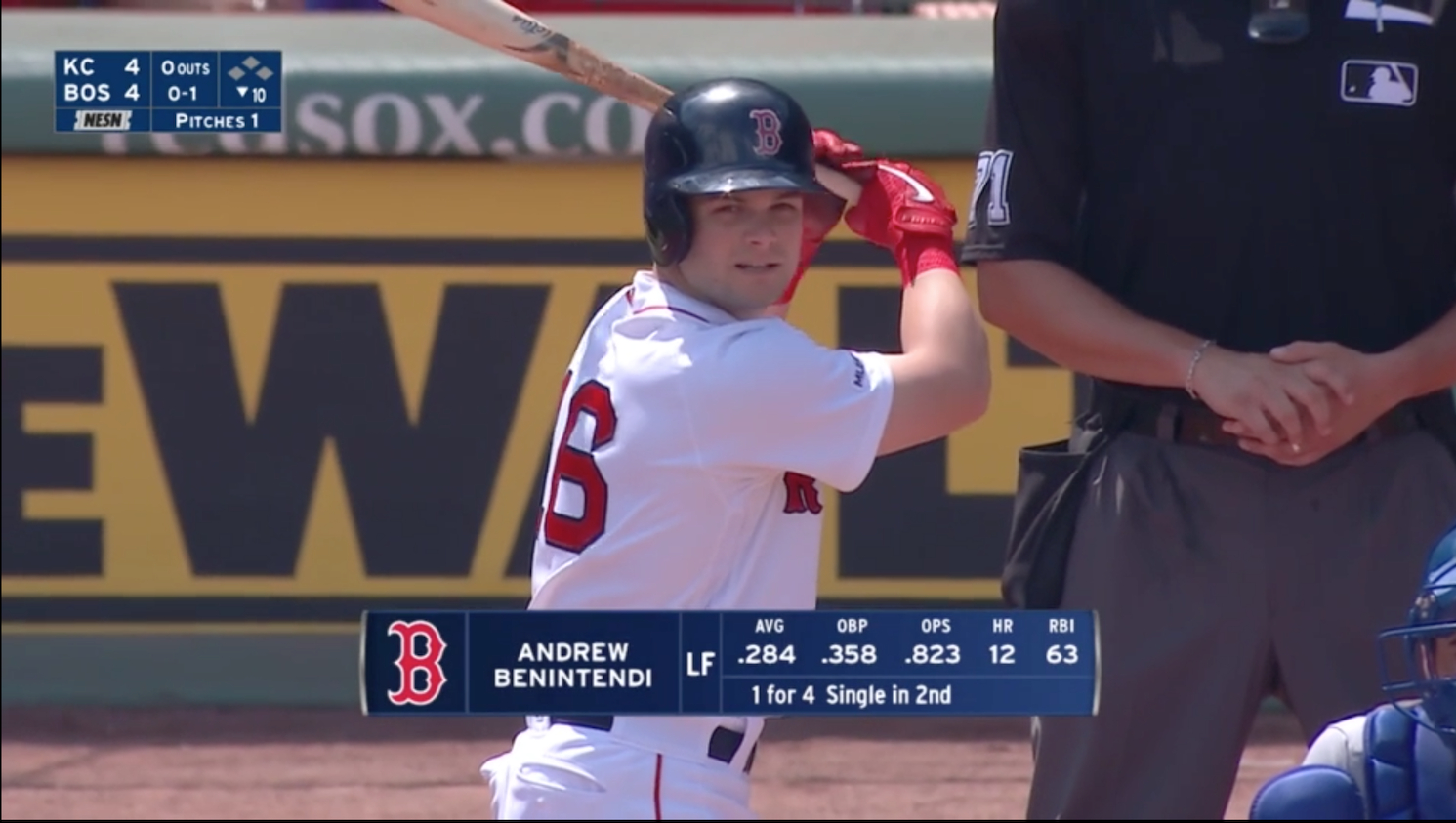Red Sox Head Towards a Crossroads with Mookie Betts
With president of baseball operations Dave Dombrowski fired and the team’s playoff odds heading into skim milk territory, the Red Sox have effectively thrown in the towel on 2019. Who will be charged with cleaning up the situation — a competitive roster that will nonetheless have significant holes to fill, a massive payroll that could limit their ability to do, a depleted farm system, and sky-high expectations nonetheless — remains to be seen. One thing is certain, however: at or near the top of the incoming executive’s to-do list will be figuring out how to handle Mookie Betts‘ pending free agency following the 2020 season. For as tempting as it may be to trade him before he walks away, the Red Sox could be making a serious mistake.
Betts, who will turn 27 on October 7, is in the midst of another fine season, if not one that measures up to last year’s high standards. Through Monday, he’s hitting .290/.388/.522 with 27 homers, 14 stolen bases, a 133 wRC+, and 6.1 WAR. Among American League players, his on-base percentage (fourth), WAR (fourth), and steals (10th) rank among the top 10, but for as impressive as that may be, it’s a marked contrast to 2018, when he led the AL in batting average (.346), slugging percentage (.640), and WAR (10.4) while placing second in on-base percentage (.438) and wRC+ (185), fourth in steals (30), and ninth in homers (32) en route to winning AL MVP honors in a landslide and helping the Red Sox to a championship. Not only was that 10.4 WAR higher than any player’s — even Mike Trout’s — since Barry Bonds’ 11.9 in 2004, but Betts posted that mark during his age-25 season, younger than any other 10-win player from the post-1960 expansion era save for Trout.
| Rk | Player | Team | Season | Age | WAR |
|---|---|---|---|---|---|
| 1 | Barry Bonds | Giants | 2002 | 37 | 12.7 |
| 2 | Barry Bonds | Giants | 2001 | 36 | 12.5 |
| 3 | Barry Bonds | Giants | 2004 | 39 | 11.9 |
| 4 | Carl Yastrzemski | Red Sox | 1967 | 27 | 11.1 |
| 5 | Joe Morgan | Reds | 1975 | 31 | 11.0 |
| 6 | Willie Mays | Giants | 1965 | 34 | 10.7 |
| 7 | Cal Ripken | Orioles | 1991 | 30 | 10.6 |
| 8 | Willie Mays | Giants | 1962 | 31 | 10.5 |
| 9 | Barry Bonds | Giants | 1993 | 28 | 10.5 |
| 10 | Willie Mays | Giants | 1964 | 33 | 10.5 |
| 11 | Mookie Betts | Red Sox | 2018 | 25 | 10.4 |
| 12 | Mickey Mantle | Yankees | 1961 | 29 | 10.3 |
| 13 | Barry Bonds | Giants | 2003 | 38 | 10.2 |
| 14 | Rickey Henderson | Athletics | 1990 | 31 | 10.2 |
| 15 | Norm Cash | Tigers | 1961 | 26 | 10.2 |
| 16 | Mike Trout | Angels | 2013 | 21 | 10.2 |
| 17 | Buster Posey | Giants | 2012 | 25 | 10.1 |
| 18 | Mike Trout | Angels | 2012 | 20 | 10.1 |
| 19 | Alex Rodriguez | Rangers | 2002 | 26 | 10.0 |
By that yardstick, Betts’ 2019 looks like something of a disappointment, though he has dug his way out of an early-season funk that saw him hit an unremarkable .243/.375/414 (108 wRC+) in May and June. Since July 1, he’s hit .329/.397/.616 for a 155 wRC+ and 3.3 WAR, the last of which is fifth in the majors in that span behind only Alex Bregman (3.8), Trout (3.7), Anthony Rendon (3.5), and Ketel Marte (3.4). Prorate that performance to his season total of plate appearances (670) and that’s 7.8 WAR with 18 games still to play — an MVP-caliber season in most years. Read the rest of this entry »


